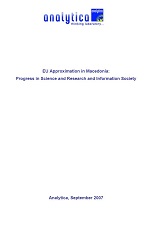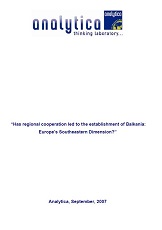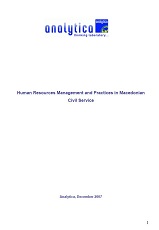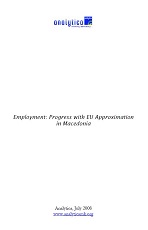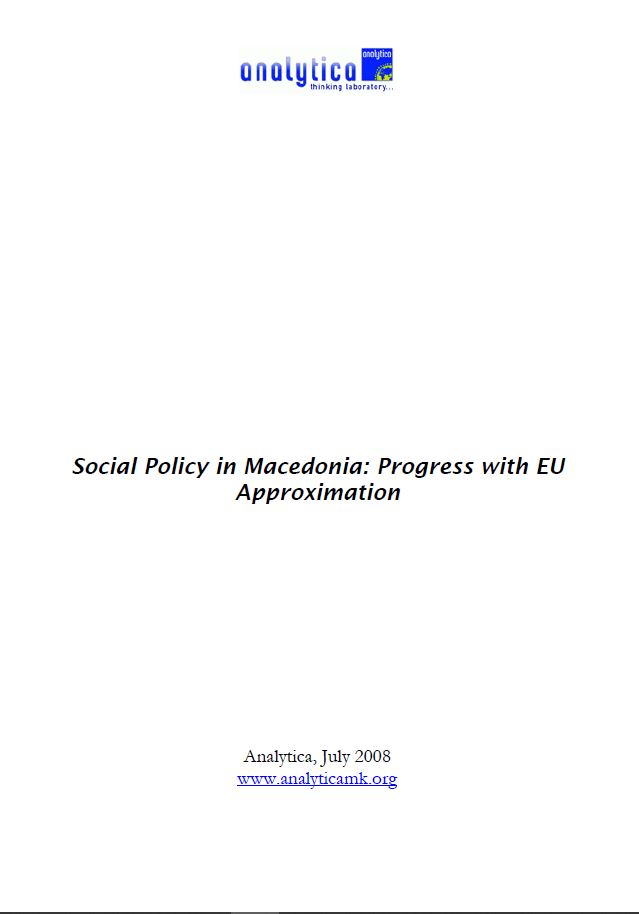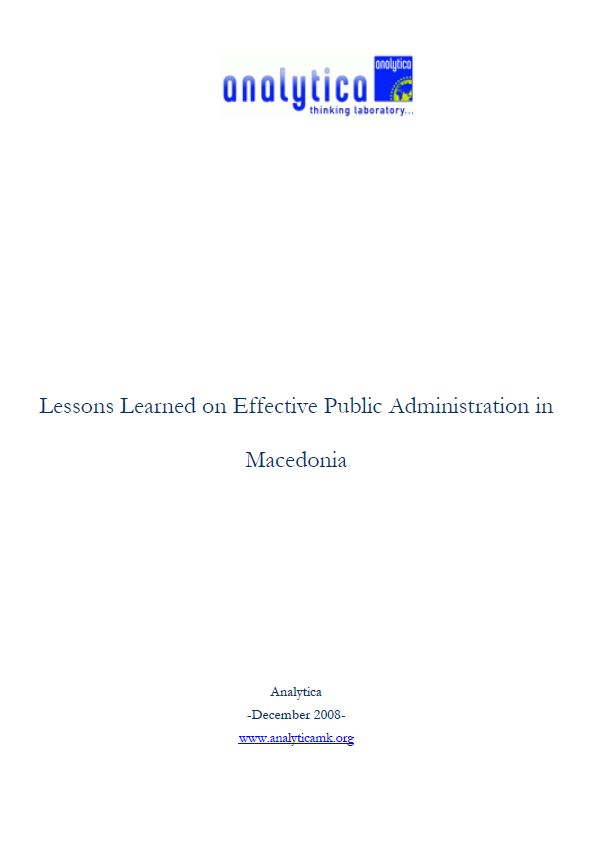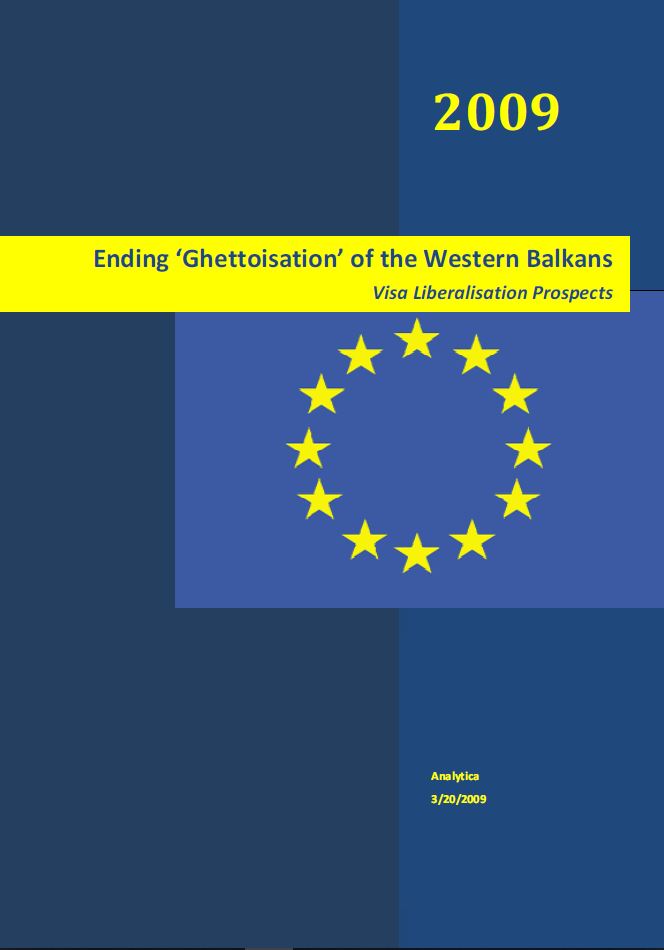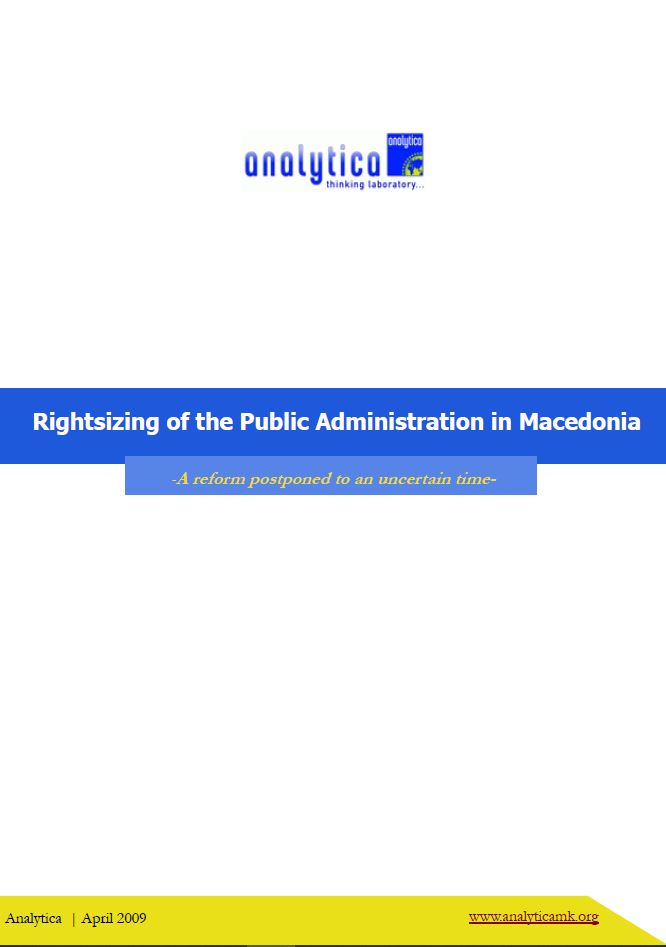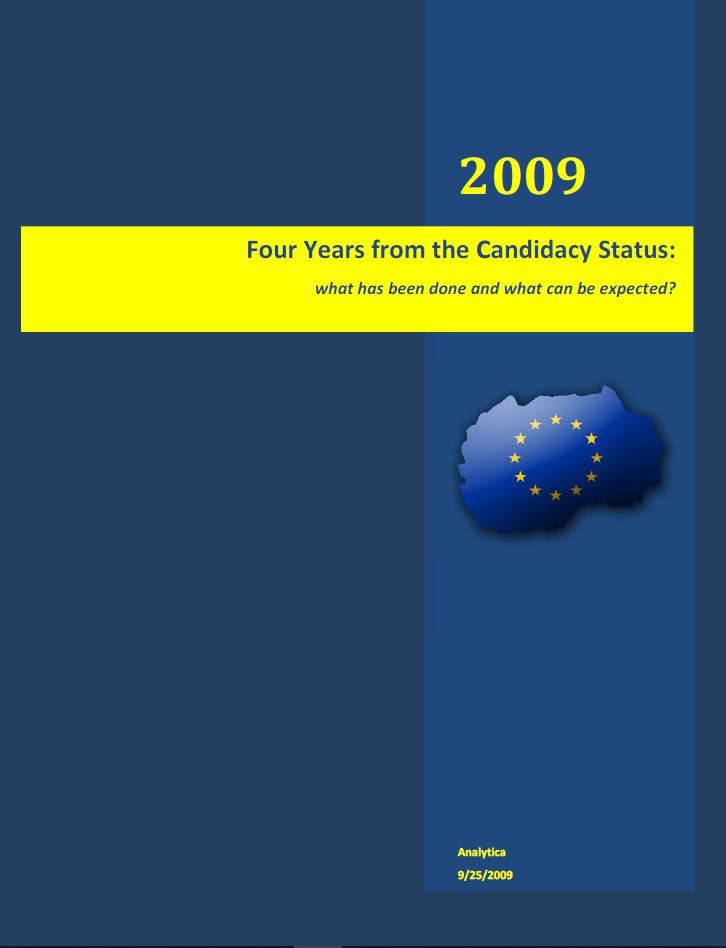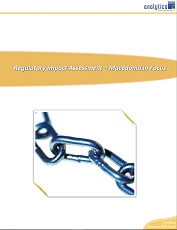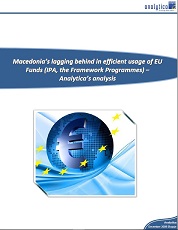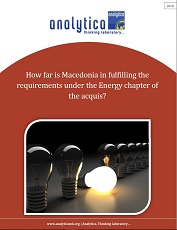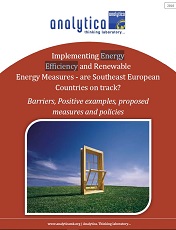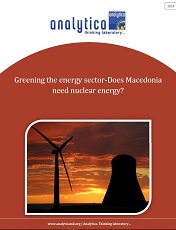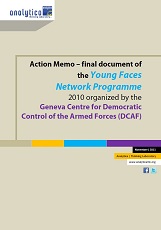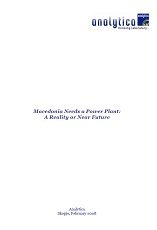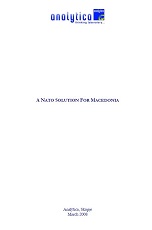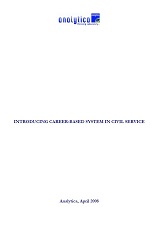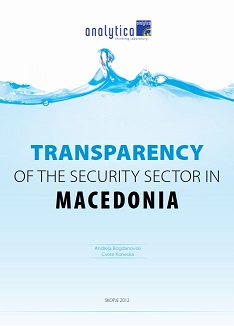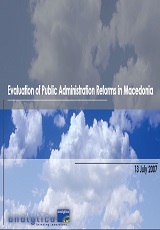
Evaluation of Public Administration Reforms in Macedonia
Evaluation of Public Administration Reforms in Macedonia
Keywords: North Macedonia; public administration; reforms; evaluation; reform strategy; European integration; Stabilization and Association Agreement; government; civil servants;
Public Administration Reforms (PAR) is a very popular topic of discussion among the politicians and political analysts, the ordinary people as well as the academic (research) community in South Eastern Europe (SEE). Politicians talk about (advertise) PAR in their electoral campaigns, international (external) political actors donate funds, evaluate the progress with PAR and publish relevant reports, academics analyze the effects and advocate further efforts, while the media keep the issue in the spotlight. PAR has become the latest buzz-word in SEE politics, superseding earlier such concepts like market-reforms, human and minority rights, etc. If anything, public administration reforms are not an area suffering from lack of attention.
More...
